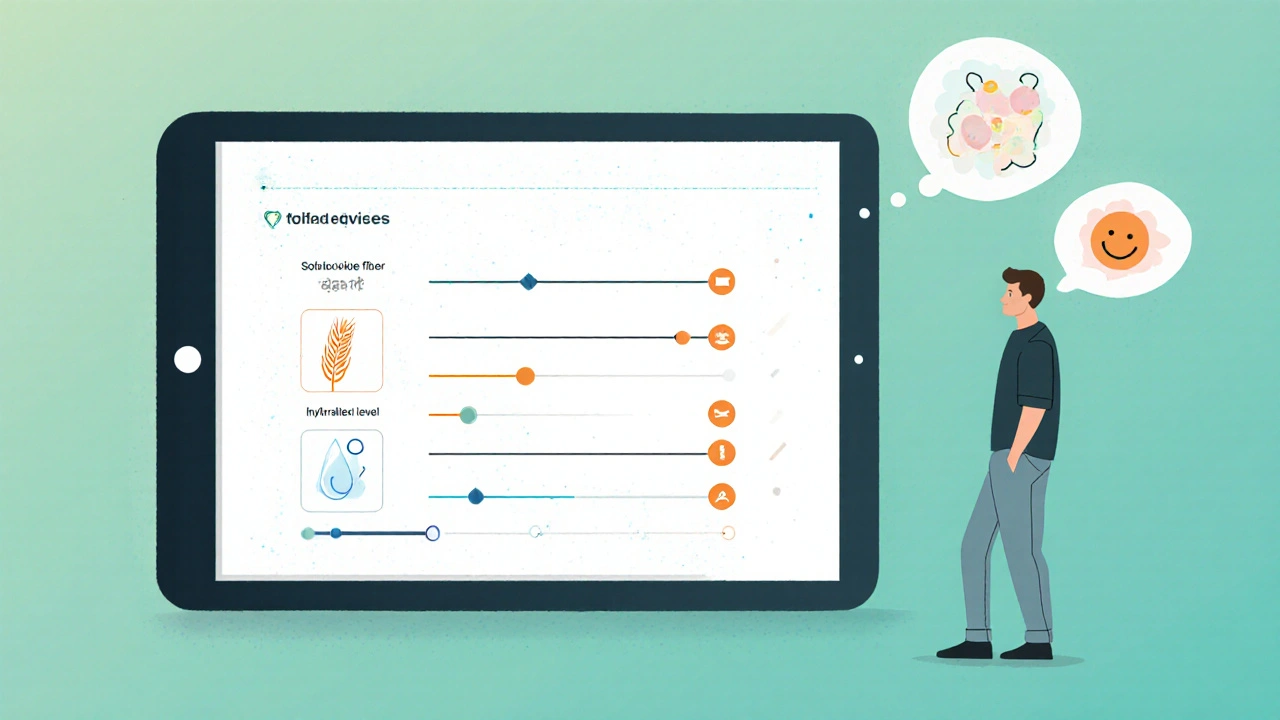Gut Microbiota: What It Is and Why It Matters
When working with gut microbiota, the massive community of bacteria, fungi and viruses that live in your intestines. Also known as intestinal flora, it influences digestion, immune responses, and even mental health. In plain terms, a balanced gut microbiota acts like a hidden organ that helps break down food, produces vitamins and trains your immune system to spot threats.
One of the most common ways people try to support this ecosystem is through probiotics, live microorganisms that, when taken in adequate amounts, can improve the composition of gut bacteria. Probiotic strains such as Lactobacillus and Bifidobacterium are often added to yogurts, supplements, and fermented foods. The science shows that regular probiotic use can help restore balance after a short course of antibiotics, powerful drugs that kill bacteria but also wipe out many beneficial microbes. This relationship creates a clear semantic link: antibiotics affect gut microbiota, and probiotics help repair the damage.
How Gut Microbiota Connects to Common Health Topics
When the gut microbiota loses diversity, a condition called dysbiosis, an imbalance between harmful and helpful microbes can develop. Dysbiosis shows up as bloating, irregular bowel movements, or even mood swings because the gut‑brain axis lets microbes send signals to the brain. This is why many patients with enteric infections, such as those covered in our articles on home remedies, see faster relief when they combine hydration, a bland diet, and a probiotic boost. Likewise, chronic conditions like GERD or IBS often improve when the underlying microbial balance is restored.
Beyond symptoms, gut microbiota plays a preventive role. Research links a diverse microbiome with lower risk of obesity, type‑2 diabetes, and certain autoimmune diseases. Those studies also point out that diet choices—high fiber, low processed sugars—feed beneficial bacteria, while excessive antibiotics or a Western diet starve them. In short, the gut microbiota requires proper nutrition, limited unnecessary antibiotics, and occasional probiotic supplementation to stay healthy.
The articles below dive deeper into these connections. You’ll find practical guides on managing enteric infection symptoms, insights into how specific drugs like Hydrochlorothiazide or Olanzapine can indirectly affect gut health, and reviews of supplements that support a thriving microbiome. Whether you’re looking for quick home remedies or in‑depth medication comparisons, this collection gives you the context you need to make informed choices about your gut health.

How Fiber Affects Flatulence and Improves Digestive Health
Learn how different types of fiber affect gas production, how to balance intake for digestive health, and practical tips to reduce flatulence while enjoying fiber's benefits.
October 4 2025